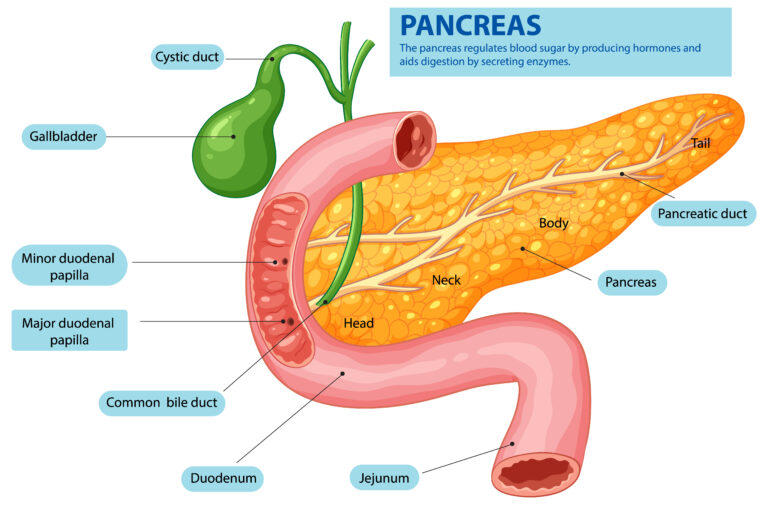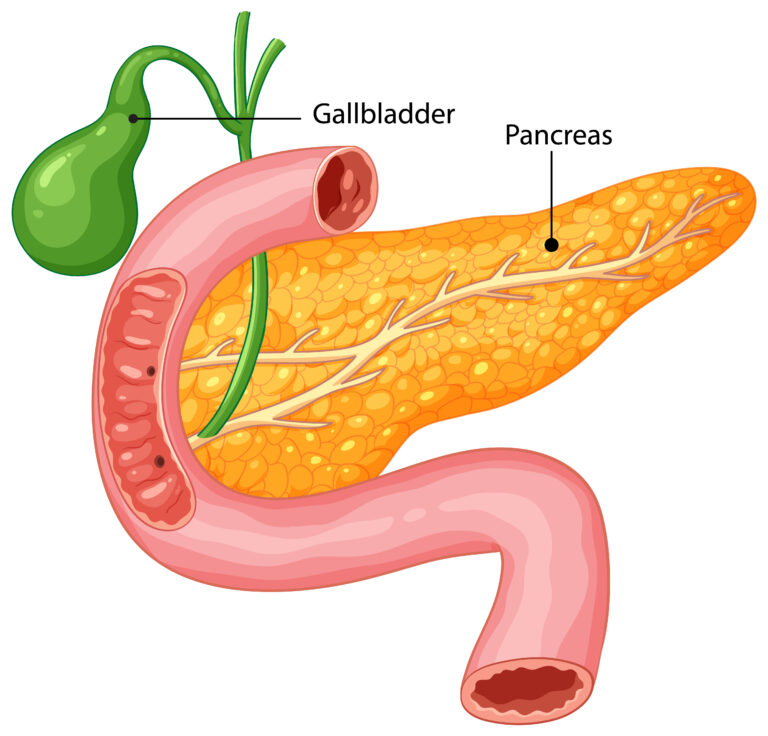Discover everything you need to know about Small Intestinal Bacterial Overgrowth (SIBO) in 2025 – from symptoms and causes to testing and treatment options. Learn how to manage this complex digestive condition effectively.

Introduction:
Did you know that up to 80% of people with irritable bowel syndrome (IBS) might actually be dealing with SIBO? I remember sitting across from my first patient with suspected SIBO back in my early clinical days. Like many others, she had bounced from doctor to doctor, frustrated and confused about her persistent bloating and digestive issues. That’s when I realized how crucial it is to spread awareness about this often-misunderstood condition!
But here’s the good new—understanding SIBO is the first step toward managing it effectively. Let’s explore everything you need to know about this complex condition!
What Exactly is Small Intestinal Bacterial Overgrowth (SIBO) ?
SIBO occurs when bacteria from the large intestine migrate upstream and proliferate excessively in the small intestine, an environment typically characterized by a relatively low bacterial population.
This abnormal bacterial colonization disrupts the delicate balance of the small intestine’s ecosystem, interfering with normal digestive processes, nutrient absorption, and overall gastrointestinal function.
To better conceptualize SIBO, imagine a carefully orchestrated house party where guests unexpectedly congregate in the kitchen instead of the designated living area. This unintended gathering not only disrupts the flow of the event but also hinders the host’s ability to prepare and serve food efficiently – much like how SIBO impedes proper digestion and nutrient assimilation.
Common Symptoms and Warning SIBO Signs
Let me share the most common red flags I’ve observed in my practice:
– Bloating and distension (especially after meals).
– Abdominal pain and discomfort.
– Excessive gas and flatulence.
– Nausea and feeling full quickly.
– Irregular bowel movements (diarrhea, constipation, or both).
– Unexplained weight loss or malnutrition.
– Brain fog and fatigue.
– Food sensitivities and intolerances.
SIBO Risk Factors and Causes
I’ve noticed certain patterns that often contribute to SIBO development. Understanding these risk factors can be crucial for both prevention and treatment.
– Previous abdominal surgeries ( Check out this research that demonstrated the relation between both abdominal surgeries and SIBO)
– Altered anatomy affecting motility
– Bypass surgeries
– Appendectomy
– Gastric surgery
– Physical Abnormalities Intestinal adhesions
– Diverticulitis
– Strictures
– Fistulas
– Blind loops
Medical Conditions and Treatments:
– Conditions Affecting Motility Diabetes with neuropathy
– Scleroderma
– Ehlers-Danlos Syndrome
– Parkinson’s disease
– Multiple sclerosis
– Autoimmune Conditions Celiac disease
– Crohn’s disease
– Lupus
– Hashimoto’s thyroiditis
– Rheumatoid arthritis
Medication-Related Risks:
– Stomach Acid Reducers Proton pump inhibitors (PPIs)
– H2 blockers
– Long-term antacid use
Other Medications Narcotics:
– Immunosuppressants
– Antibiotics
– Birth control pills
– Iron supplements
Digestive System Disruptions:
– Infection History Food poisoning
– Gastroenteritis
– Traveler’s diarrhea
– Parasitic infections
– H. pylori infection
– Stomach Acid Issues Low stomach acid (hypochlorhydria)
– Acid reflux
– Gastritis
– Stress-induced acid changes
Lifestyle and Environmental Factors:
– Dietary Habits High-sugar diet
– Excessive alcohol consumption
– Irregular eating patterns
– Poor food combining
– Insufficient fiber
Stress-Related Factors Chronic stress:
– Poor sleep patterns
– Irregular meal timing
– Rushed eating
– High cortisol levels
Immune System Factors
– Compromised Immunity Chronic infections
HIV/AIDS
– Cancer treatments
– Prolonged steroid use
– Nutritional deficiencies
– Inflammatory Conditions Chronic inflammation
– Food sensitivities
Environmental allergies:
– Mold exposure
– Chemical sensitivities
Age and Gender Considerations:
– Age-Related Risks Decreased motility with age
– Reduced enzyme production
– Medication use increases
– Weakened immune system
Gender-Specific Factors Hormonal influences:
– Pregnancy history
– Endometriosis
– Pelvic floor disorders
SIBO Testing and Diagnosis
Let’s dive into everything you need to know about SIBO diagnosis:
Types of SIBO Testing
The gold standard for SIBO testing is breath testing, but here’s something many doctors won’t tell you – not all breath tests are created equal! I’ve seen countless patients who took the wrong type of test and got misleading results. Here’s what you need to know:
-Lactulose Breath Test:
– Considered the most comprehensive option for SIBO diagnosis
– Tests for both hydrogen and methane gases
– Takes 2-3 hours with samples collected every 20 minutes
– Can detect SIBO throughout the entire small intestine
– May have false positives due to slower transit time in some patients
-Glucose Breath Test:
– Shorter duration (usually 1-2 hours)
– More specific but might miss some cases
– Better for detecting SIBO in the upper small intestine
– Generally fewer false positives than lactulose testing
– May miss SIBO in the lower small intestine
Newer Testing Options
1- Trio-Smart Breath Test – also measures hydrogen sulfide
2- Culture testing (rarely used due to invasiveness)
3- Organic acid testing (indirect testing method)
4- PCR-based testing methods (emerging technology)
– Preparing for Your Breath Test
I can’t stress this enough – proper preparation is crucial for accurate results! There are so many invalid tests just because they didn’t prepare themselves right. Here’s your essential prep checklist:
24 Hours Before Testing:
Avoid all high-fiber foods
No beans, nuts, or whole grains
Skip all dairy products
No fermented foods or probiotics and Stop any tyoe of fibers
12 Hours Before Testing:
Complete fast (water only)
No smoking or vigorous exercise
Avoid sleeping or lying down during the test
Hold medications if possible (consult your doctor)
Brush teeth thoroughly to avoid oral bacteria interference
Common Testing Mistakes to Avoid:
Taking antibiotics within 4 weeks of testing
Using probiotics or digestive enzymes too close to test date
Eating forbidden foods during prep period
Not fasting for the full required time
Sleeping during the testing period
Using mouthwash morning of the test
Taking motility medications before testing
Treatment Approaches for SIBO
Antimicrobial Treatments
Prescription Options :
Rifaximin (Xifaxan)
Neomycin
Metronidazole
Combination protocols
Herbal Alternatives :
Berberine compounds
Oregano oil
Allicin
Neem
Custom herbal blends
Dietary Interventions
Specific Diets
Low FODMAP
Elemental Diet
Bi-Phasic Diet
Specific Food Guide
Implementation Strategies Meal timing
Food combining
Portion control
Hydration guidelines
Motility Support
Prokinetic Agents : Natural options- Prescription medications- Timing considerations
Lifestyle Modifications : Exercise routines – Stress management – Sleep optimization- Eating practices
Long-term Strategy
– Regular testing
– Dietary adjustments
– Supplement rotation
– Stress management
– Exercise routine
If you want more information about Intestinal issues check out this article






